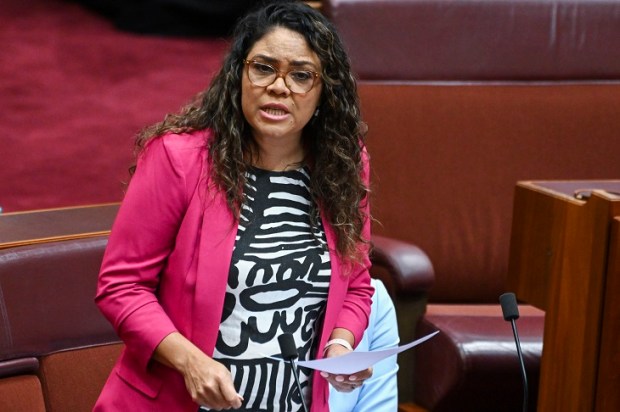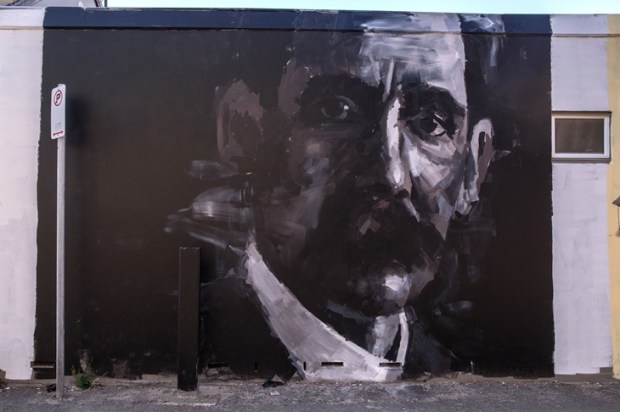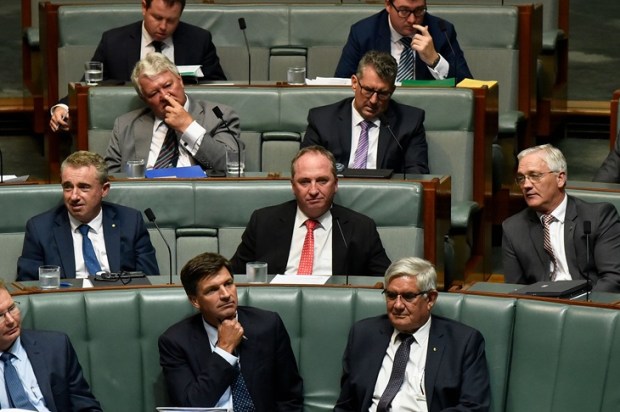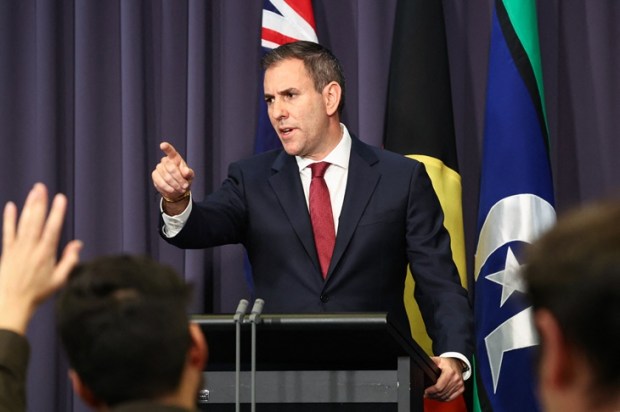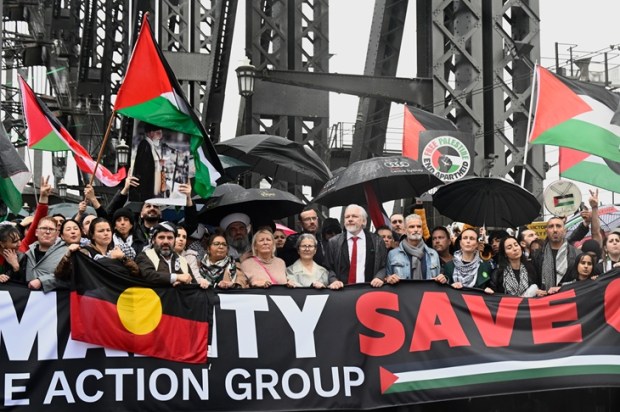The current critical pile-on the Liberal Party after its disappointing federal election wipe-out is very much a mixed bag.
Some published commentators who would never wish the Liberal Party well are getting column inches and media minutes with their gratuitous suggestions. Why would we ever listen to a Labor or Teal critic? The way forward for the Liberal Party is not to be Labor-lite or Teal-tender.
Others within the Liberal Party are using the immediacy of the loss to push their own liberal or conservative policy barrows. The way ahead is to start with what unites us as Liberals, not what may divide us.
Then there is the superficial group think, that characterises much of the daily media, which postulates an existential crisis from which the Liberal Party will not recover.
My own contribution is much more optimistic. I am reminded of the 19th Century American author Mark Twain who wrote: ‘The reports of my death are greatly exaggerated.’
Those who are students of Australian political history, only a few of us I admit as it’s not taught any more, may remember when Maximilian Walsh wrote after the overwhelming Liberal victory of Malcolm Fraser in 1975 that the Labor Party was dead and would never recover from that defeat. Eight years later in 1983, Bob Hawke was Prime Minister.
I recall history in my lifetime not to channel complacency. Much work needs to be done by the Liberal Party, its organisation, and its remaining federal MPs and Senators.
My contribution is to volunteer a modern statement of what we as Liberals stand for, what we really and essentially believe.
These foundational principles are not political policies, but the guiding tenets for all Liberal policy solutions to the circumstances and problems of modern Australian life.
If you don’t stand for something, you run the risk of falling for anything.
The Individual
The individual is of pre-eminent importance in Australian society and every human being is of equal moral worth, regardless of skin colour, ethnicity and race, sex, or sexual orientation. The individual is the ultimate minority and can count on my advocacy and support in all that I say and do.
The Family
The family is the next most important unit in Australian society, being comprised of any combination of individuals, who by legal process or choice, regard themselves and identify as a family.
The State
The state, that is government at all levels, exists only to serve the people, individuals, and families and not the other way around. Public service is just that, service of and to the public.
Freedom of Choice
The principal role of government is to maximise the freedom of choice of all citizens, for example, freedom of speech, freedom of religion, freedom of association, freedom of movement, freedom of private ownership, and freedom of personal enterprise.
Individual Responsibility
Following on from freedom of choice is the Liberal concept of individual responsibility, each person acting according to and within the law with full regard to the rights and freedoms of others doing the same.
Representative Democracy
The only acceptable way to establish government, representative of the people, is through a regular democratic electoral process based on the principle of one vote, one value.
Responsible Government
Once established, a democratically elected government becomes a responsible government when all of its decisions uphold the Australian Constitution and seek to advance the interests and opportunities of individuals and families, who in turn are taxpayers and consumers.
Rule of Law
The first requirement of any democratically elected and representative government is to ensure that within its jurisdiction every citizen and legal entity, including government, politicians, and the public service, is subject to the rule of law, applying equally to all without fear or favour.
National Security
The second requirement of especially a federal government is to invest in national defence and border security to ensure the ongoing territorial integrity of Australia as a free and independent nation state.
Economic Prosperity
The third requirement of all levels of government is to recognise that the flourish of free enterprise will achieve the greatest level of prosperity for the greatest number of people. Historically and internationally, there can be no disputing this.
The Money of Government
It must always be recognised that governments do not have any money of their own, only that which they raise by taxes, charges and royalties and that which they borrow, which in turn must be repaid by the same taxes, charges, and royalties. I will never talk about government money because there is only taxpayer money.
The Role of Government
The role of government then is to levy taxes, charges and royalties to do for Australian society only that which cannot be more efficiently and effectively achieved through free market competition and private enterprise.
Such a role also recognises the need to provide a means-tested social safety net to look after those who need assistance, ensuring them the opportunities and freedom to live fulfilling lives.
Practical common sense policies which take first account of these Liberal principles will lead to a more free and prosperous Australia for the benefit of all individuals and families, all taxpayers and consumers.
These are the perspectives and goals to which I have always committed myself and they continue to stand us in good stead going forward.
Peter Shack is a former federal Liberal MP for Tangney in Western Australia


